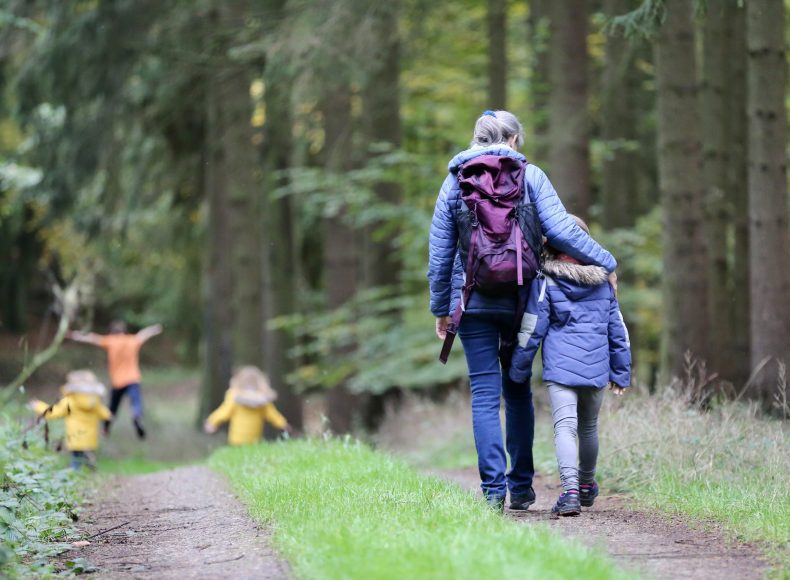How resilient are your kids?
If you were one of the lucky parents who got to facilitate online learning at some point during the past two years, your household happiness was largely dependent upon how resilient your kid is. We’re not talking about being physically resilient to bumps, scrapes, and bruises (although that is another great quality for a kid to have), we’re talking about being emotionally resilient – the ability for them to handle adversity, setbacks, and challenges in a healthy way.

What does resiliency look like?
A resilient kid is able to handle a difficult situation largely on their own and comes out on the other side okay, if not stronger, because of it. Resilient kids are optimistic, flexible, motivated, and are problem-solvers.
Why is it important to have a resilient kid?
Resilient kids are happier kids because their happiness isn’t dependent on life always going their way— they are able to find happiness despite difficulties and setbacks. If your kid is unable to handle the curves that life will inevitably throw their way, neither they nor you will be happy.
And while it may feel good in the moment to feel needed, we all want our kids to grow up, move out, and become successful adults someday!
How Can I Help My Kid Be More Resilient?
The good news is that it’s never too late or too early to start! The key to raising a resilient kid is to provide a safe foundation, allow them to experience challenges and model resiliency yourself.
If your kid feels safe and loved, they can take risks and face challenges, because they have a solid foundation to fall back on. Classic example: when learning to ride a bike, resilient kids will get back on the bike even after falling and skinning their knee because you hugged them, dried their tears, slapped on a bandaid, told them you were proud of them for trying, and encouraged them to try again.
Kids can’t learn to be resilient if they lead overly sheltered lives, so don’t try and pave the way for them by removing adversity. And don’t “fix” everything either! Let them try a new activity and fail at it, don’t rescue them by delivering forgotten lunches and homework to school, and let them navigate social conflict on their own.
*Let’s all use our common sense here – if your kid is attempting something dangerous or is facing abuse at the hands of another person, you don’t have to stay on the sidelines.
And one of the best ways to help our kids grow more resilient is to model what that looks like yourself. We don’t do our kids any favors when we pretend to be Super Moms who always have everything under control and always achieve success. Let them see you mess up, but more importantly, show them how you bounce back from your mistake.
What If We Need More Help???
There’s no one right way to raise a resilient kid, and each kid comes with their own instruction manual. If you recognize that your kid is lacking resiliency, so much so that they are not thriving, and you feel in-over-your-head, seek the help of a mental health professional. When we normalize seeking mental health help at an early age, we are equipping our kids to utilize it throughout their lives, which leads to resilient adults.
And don’t forget your school counselors— they can be an excellent resource. Your kid’s school may already offer great teaching on resiliency in the classroom, so do your own homework and reinforce what they are learning at home.










